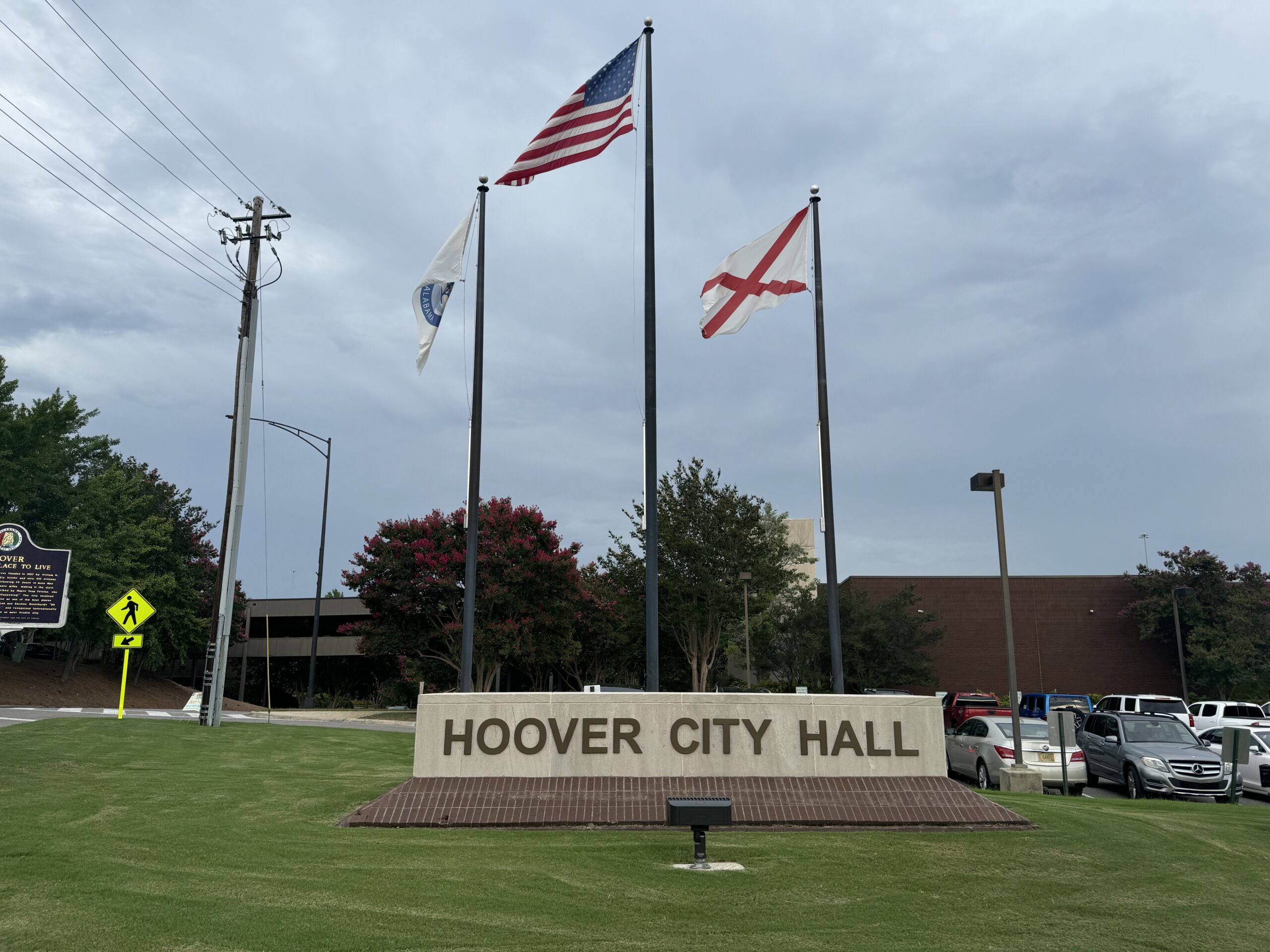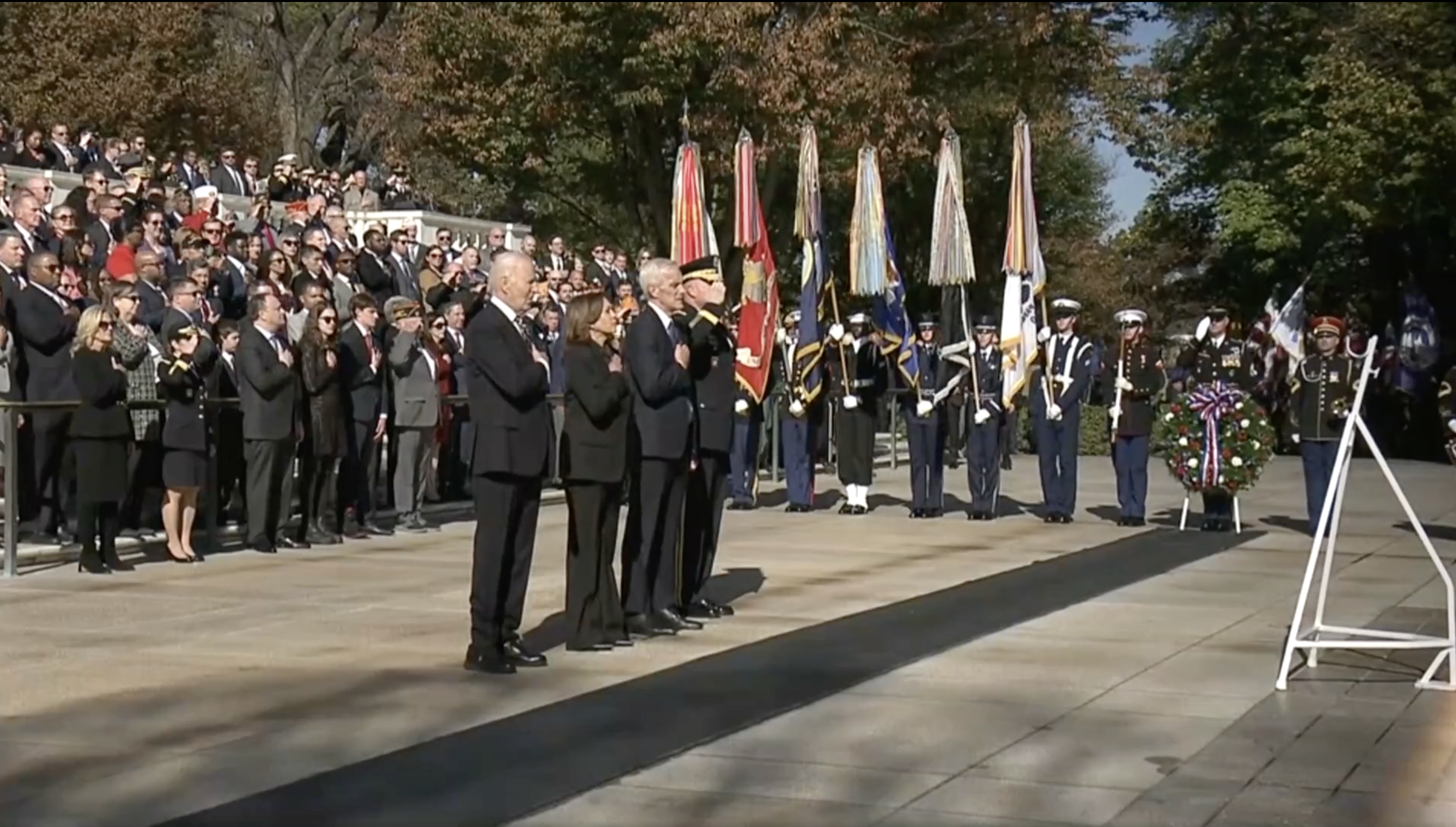On Wednesday, lawyers representing all the litigants in the ongoing medical marijuana license legal saga attended a hearing in Montgomery Circuit Judge James Anderson’s courtroom. Anderson, with the agreement of all parties involved, extended his temporary restraining order (TRO) on issuing medical cannabis licenses until at least the next scheduled meeting of the Alabama Medical Cannabis Commission (AMCC).
After much discussion and a couple of conferences between the various attorneys involved in a back room outside of open court, all the counsels for the parties involved agreed to a continuation of the TRO.
“The parties are in agreement to continue the TRO until the Commission’s next regularly scheduled meeting,” an attorney for the AMCC said. “There will be a meeting and probably a series of meetings to discuss what is going to happen in that meeting.”
Judge Anderson said, “There needs to be four days to comply with the agreement.”
The Commission’s attorneys agreed that the agenda for that future meeting should be released four days before the meeting.
The AMCC has issued its own stay on the issuance of the medical marijuana grower, processor, transporter, dispensary, laboratory, and integrated facility licenses in acknowledgment of the pending litigation.
Attorneys for Redbud made a motion to allow the failed marijuana applicant to join the ongoing plaintiff’s lawsuit. Redbud had intended to apply for a medical marijuana license but could not figure out how to make the AMCC’s website upload their application.
The Redbud group was represented by Albert “Bert” Jordan of the Birmingham law firm of Wallace, Jordan, Ratliff, & Brandt in Wednesday’s hearing.
Jordan explained that his clients tried to upload their application but was prevented by the AMCC’s limit on uploading files to no more than ten megabytes of data.
“The ten-megabyte limit, it is really strange,” Jordan said.
Jordan said that other applicants went to the AMCC and were given a workaround method of getting their applications submitted.
“If we had known there was a workaround,” Redbud would have done it and gotten their application in Jordan claimed.
“We are asking you to open the door,” for consideration of Redbud’s application, Jordan continued.
“I felt like the facts showed that Redbud did not attempt to file,” Anderson said. “The relief that you are asking for is too late. The horse is already out of the barn.”
Mark Wilkerson is representing the AMCC.
An attorney for the AMCC said that Redbud’s people “were in the portal for less than 15 minutes total and none at all on the day that the application was due.”
“Your honor should absolutely deny this motion,” the AMCC’s counsel added.
“We did not wait too long. We exercised due diligence,” Jordan said.
Jordan claimed that the AMCC allowed other applicants to add to their applications and make changes after December 31.
Anderson said he would rule on Redbud’s motion sometime next week.
Another applicant told Alabama Today that they made their application fit the 10-megabyte limit by submitting less information than they would have liked to have submitted. If they had known that the AMCC had allowed a workaround method to submit more information in their application, they would have done so. Their competitor, who was allowed to use the workaround, was able to submit more information with their application and then scored just ahead of them when the AMCC scored the applications.
Other applicants whose applications were not accepted by the AMCC by the deadline also brought legal action but were allowed to have their applications considered by the AMCC because the court felt that they made a reasonable effort to comply with the AMCC’s demands. Redbud appealed their decision to the Alabama Court of Civil Appeals.
The attorney for Verona asked that they not be consolidated with the other lawsuits.
“We object to being consolidated,” their attorney said.
“My inclination would be to do that with all of them except Verona,” Judge Anderson said.
Verona sought and was awarded an integrated license application by the AMMCC in a meeting in June. The AMCC then vacated those awards and made new awards in August. Verona was the only one of the five business entities who were awarded integrator licenses in June who were not also awarded a license in the August awards.
Anderson asked, “Is there any objection from all the other cases to be consolidated?”
“No sir,” the other plaintiffs’ attorneys responded.
A Mobile attorney asked that his client, who had applied for a dispensary license, be added to the growing number of plaintiffs in the lawsuit.
“The cutoff for interventions was August 23,” Judge Anderson said. “My order had a cutoff date.”
There is a calendar meeting of the AMCC on September 19r 19. The TRO is extended through at least that date.
At some point in the future, the AMCC will do the license awards for a third time, under our current understanding of this ongoing Alabama legal drama. In this next meeting, the AMCC will be instructed by the court to comply with the Alabama open meetings statute, which the plaintiffs claim the Commission did not do in its previous awards meetings. The AMCC is limited in the number of licenses it can award by the 2021 statute legalizing medical marijuana in Alabama. That statute created the AMCC and tasked it with writing the rules for issuing medical marijuana licenses in the state of Alabama and then regulating the new industry.
The AMCC has been restrained by the court from issuing any licenses for now. No one may grow or even possess seeds to lawfully grow marijuana in the state of Alabama until those licenses are issued. All efforts to get the medical cannabis industry up and running in Alabama are effectively on hold while the TRO remains in place.
Any Alabamian with a documented medical need that cannabis might alleviate will have to wait until 2024 to purchase Alabama medical cannabis products legally. Homegrown or individual possession of any cannabis plants or plant material outside of the AMCC’s licensees will remain illegal in the state of Alabama even after medical cannabis is legalized in the form of Alabama. It is illegal for a person who has lawfully purchased marijuana in another state, even if they have a medical need, to cross the state line with it in their possession. That won’t change. The legislation forbids the sale of any smokable cannabis product.
To connect with the author of this story or to comment, email brandonmreporter@gmail.com.
Related
Share via:














